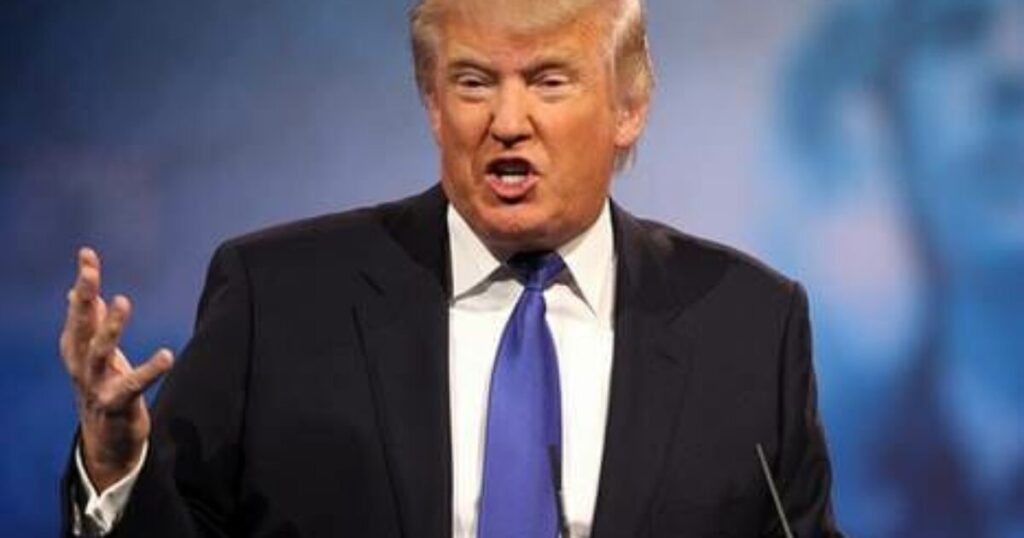On November 5, 2024, former President Donald Trump took to Truth Social to raise concerns about potential election irregularities in Philadelphia, indicating that there were discussions of “massive cheating” in the area. Trump’s post, made around 4:39 p.m., alerted his followers that law enforcement was reportedly on its way to address these claims. The timing of his statement was significant as polls in Pennsylvania were set to close at 8 p.m., heightening the urgency of his warning. However, the nature of the alleged cheating was not specified by Trump, leaving many to wonder about the specifics of the claims he made.
Further fueling the controversy, journalist James O’Keefe reported on the eve of the election that the Philadelphia City Commissioners’ Office had allegedly informed non-citizens that they were eligible to vote if they identified as residents of Philadelphia. This claim raised alarms about election integrity and voter eligibility, particularly in a politically important city. O’Keefe’s tweet also mentioned a non-governmental organization (NGO) named ‘Ceiba,’ which, according to his report, facilitated non-citizen voting by providing support to individuals with Individual Taxpayer Identification Numbers (ITINs). This report added to the allegations of systemic issues within the city’s election process.
In response to Trump’s post, the Philadelphia Police Department communicated that they were unaware of any matters requiring law enforcement involvement at polling places. A CNN report by Daniel Dale confirmed that the police had not reported any voting problems that would necessitate a police presence, thus contradicting Trump’s assertions. This discrepancy raised questions about the accuracy of Trump’s claims and whether they were based on solid evidence or mere speculation aimed at mobilizing his supporters.
As voting day progressed, it became evident that Trump had encouraged his supporters to remain in line at polling stations until they were able to cast their votes, regardless of how long they had to wait. This call to action highlighted Trump’s strategy of ensuring voter turnout among his base, especially in light of the tense political environment surrounding the election. The emphasis on remaining in line underscored the potential for delays or challenges at the polls, which are not uncommon during elections.
With discussions surrounding possible voter fraud and alleged irregularities, the situation in Philadelphia exemplified broader national debates over election security and voter rights. Claims of widespread cheating have historically fueled division among political factions, often resulting in actions aimed at suppressing voter turnout or imposing stricter voting laws. As the day unfolded, Trump’s comments continued to echo among his supporters, raising concerns about the potential fallout from sustained allegations of widespread electoral misconduct.
Ultimately, the election day in Pennsylvania served as a microcosm of larger national tensions regarding electoral integrity. The claims made by Trump and the subsequent responses from local authorities reflected the ongoing disputes about voting rights, eligibility, and the veracity of popular claims surrounding fraud. This incident is notable not just for its immediate implications but also for how it may affect future elections and discussions about the political landscape in the United States.

